Principia is the leading advisor on organizational ethics. Trusted to partner with organizations to shape the ethical commitments and capabilities that define them.
Our story
David Rodin founded Principia in response to a question posed on the fringes of the World Economic Forum at Davos in 2014.
The CEO of one of the world’s largest banks asked how moral philosophy could help his organization to think differently about ethics, conduct and culture. With persistent conduct issues, the bank needed an innovative solution to address the root drivers of culture and behaviour.
Intrigued by this problem, David assembled a team of moral philosophers to determine how ethics could address the drivers of culture and conduct. This successful engagement became the genesis of Principia.
Today Principia is a global team of experts helping clients across financial services, professional services, technology and civil society to build ethical organizations.
Our team
Motivated by complex questions, we believe the best answers come from diverse thought.
Our pioneering remote-first global model offers clients access to innovative thinking from leading ethics, behavioral science and strategy consulting experts.
We are a diverse global team of experts and consultants in ethics, behavioural science and organizational change. United in our commitment to building ethical organizations.
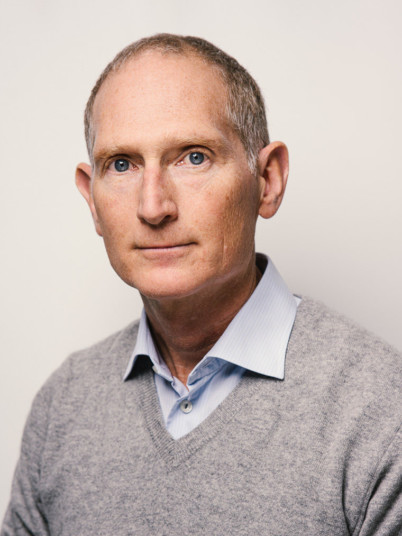
David Rodin
Founder & Chair

Clive Garfield
Chief Executive
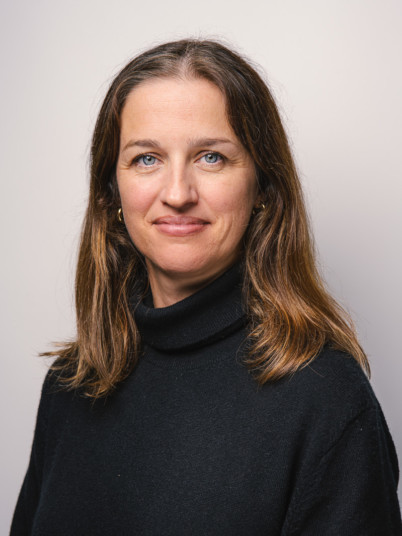
Sarah Eccleston
Principal

Basheerah Soomar
Associate Principal
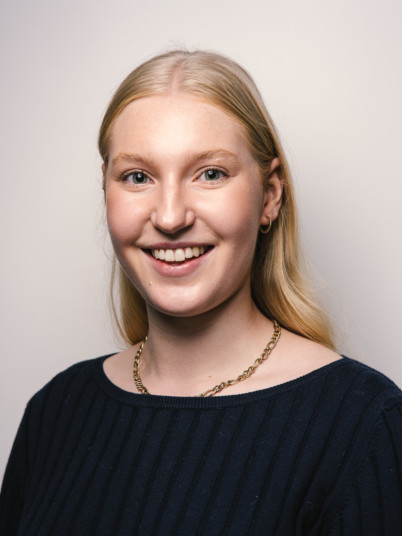
Emily Elstub
Senior Associate

Kate Coombs
Associate Principal
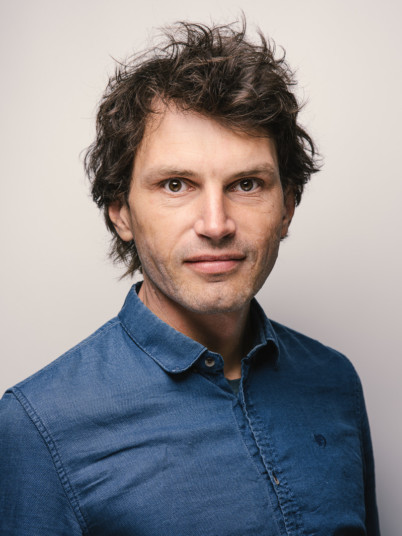
Justus Schollmeyer
Associate Principal
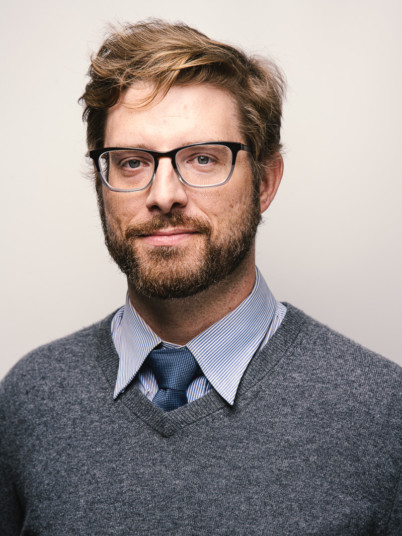
Patrick Taylor Smith
Associate Principal
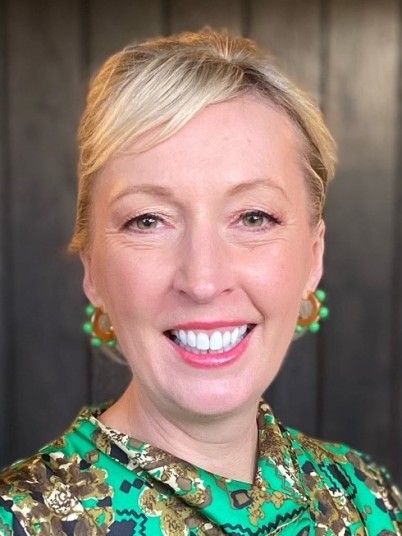
Sarah Howe
Specialist Adviser
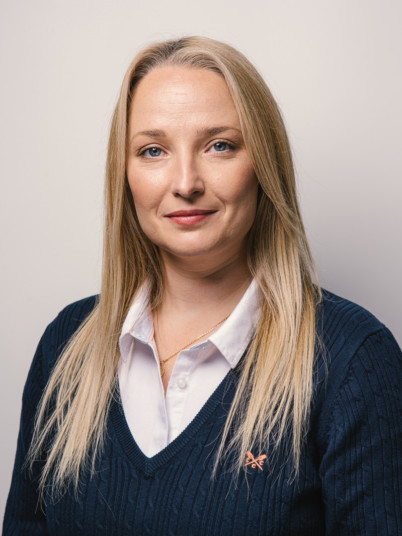
Stacey Axten
Head of Operations
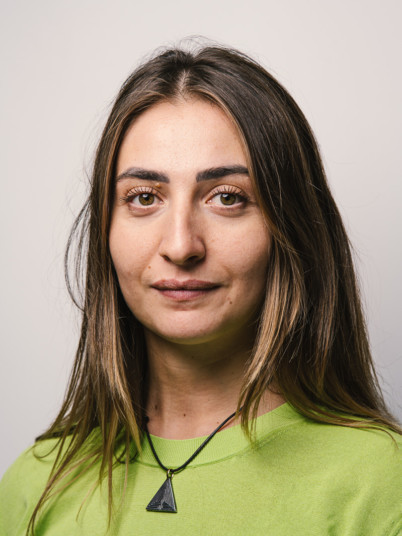
Mary Cotrufo
Senior Associate
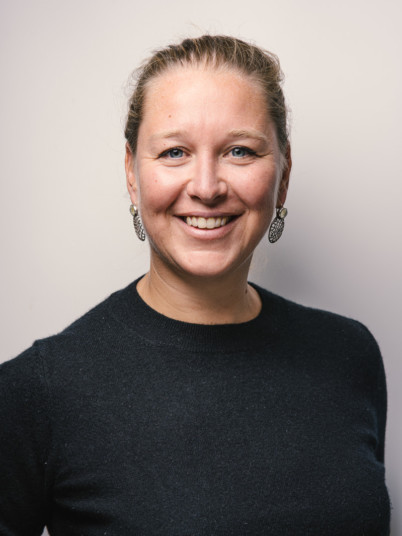
Isabel de Bruin Cardoso
Senior Associate

James Dempsey
Specialist Advisor
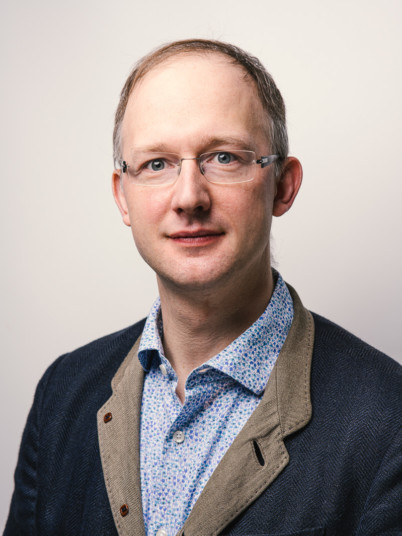
Marco Meyer
Senior Advisor

Helen O’Byrne
Marketing Specialist
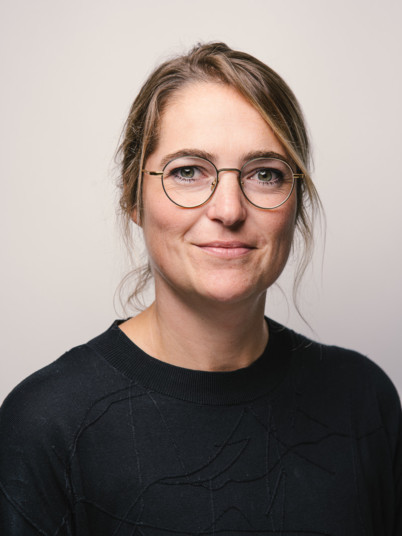
Kinanya Pijl
Senior Associate
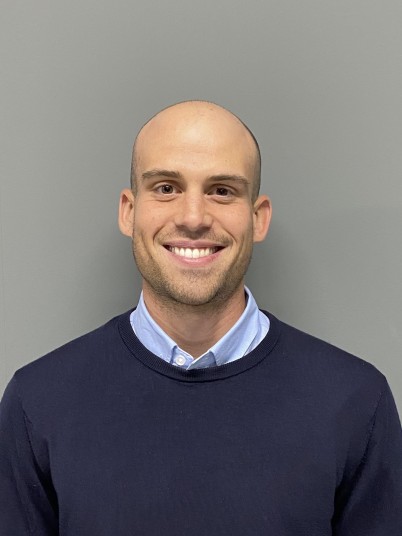
Leonardo Werner
Associate
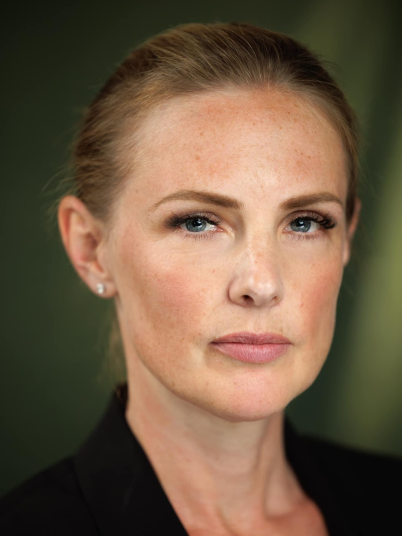
Vicky Okell
Executive Assistant
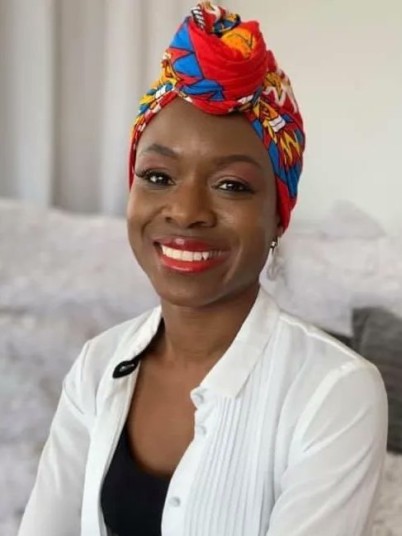
Sopé Williams-Elegbe
Senior Associate
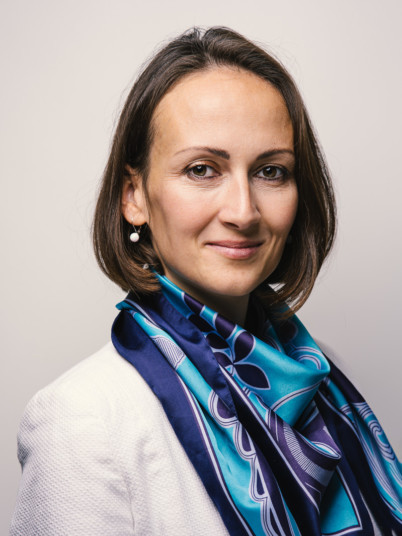
Veronika Luptakova
Specialist Advisor
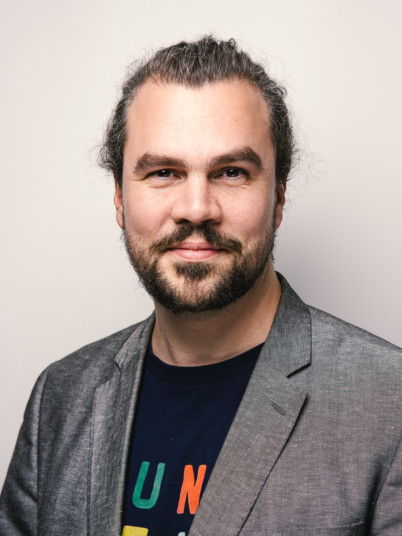
Wessel Reijers
Senior Associate

Linda Eggert
Senior Associate
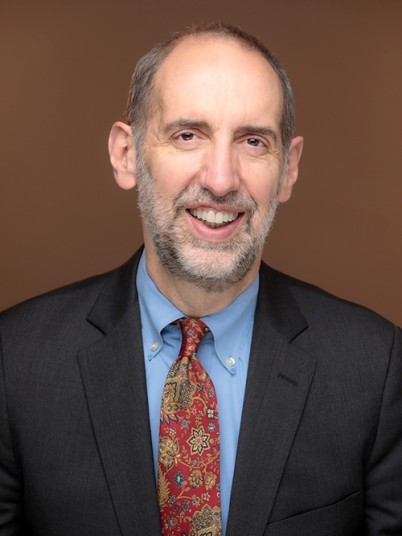
John P. Davidson III
Senior Advisor
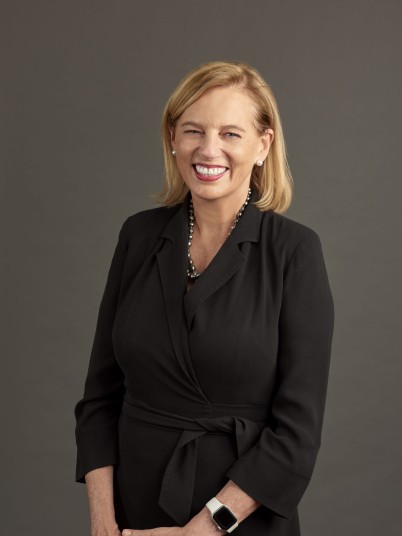
Susan Ferrier
Senior Advisor
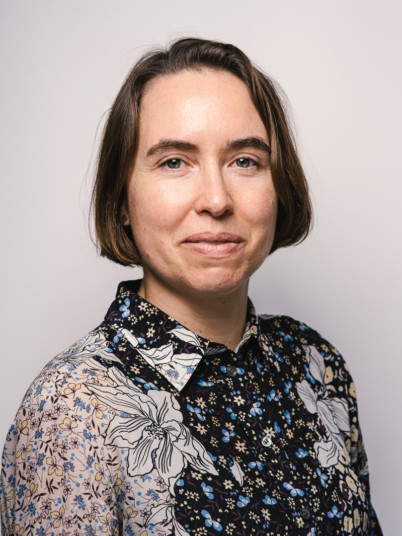
Kate Vredenburgh
Senior Associate
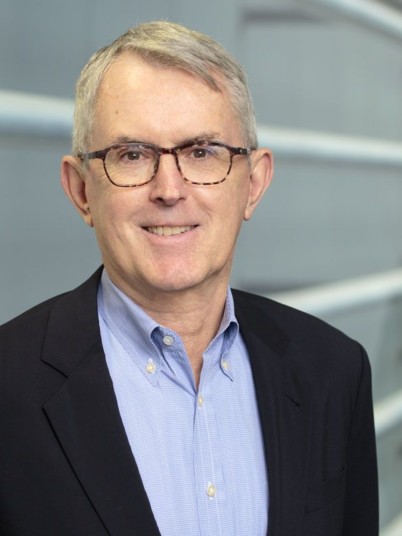
Steven Bardy
Senior Advisor
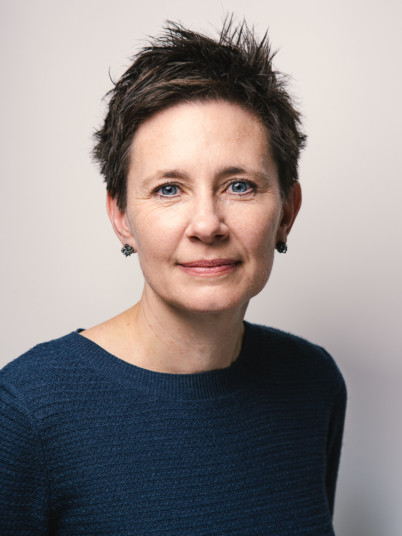
Catherine Greene
Specialist Advisor
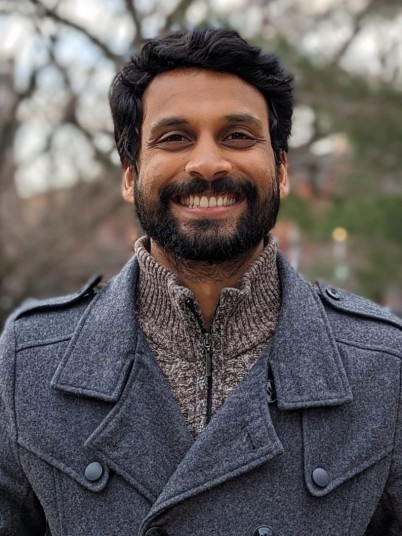
Sriram Sridharan
Senior Associate
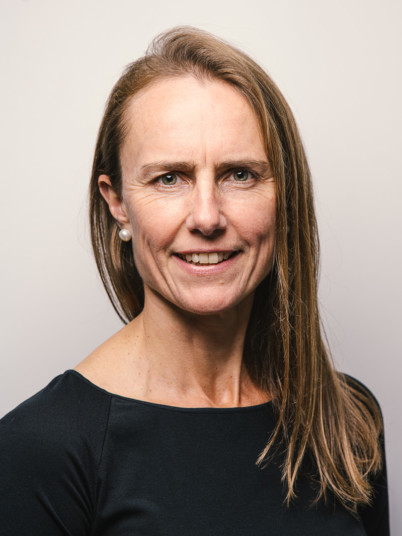
Helen Mussell
Specialist Advisor
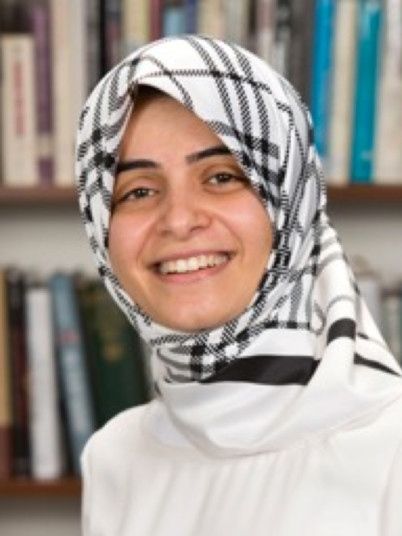
Maryam Kouchaki
Specialist Advisor
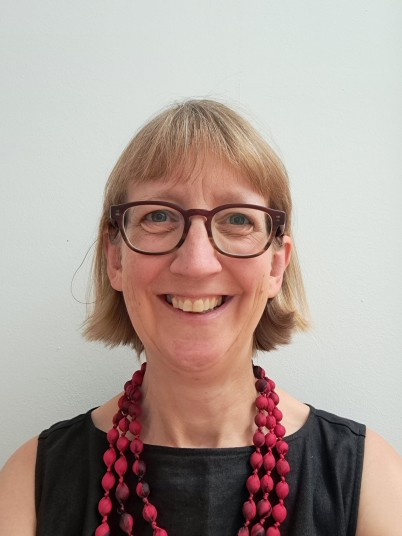
Doris Basler
Specialist Advisor
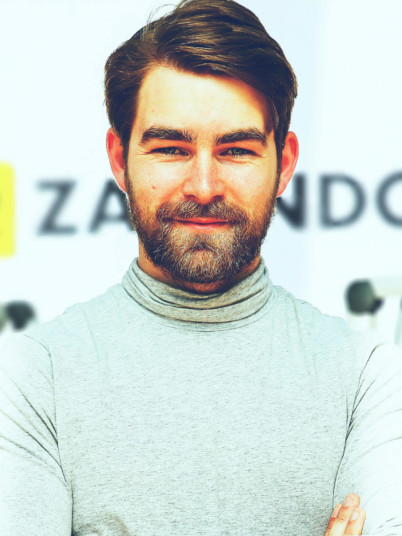
Joris Krijger
Senior Associate
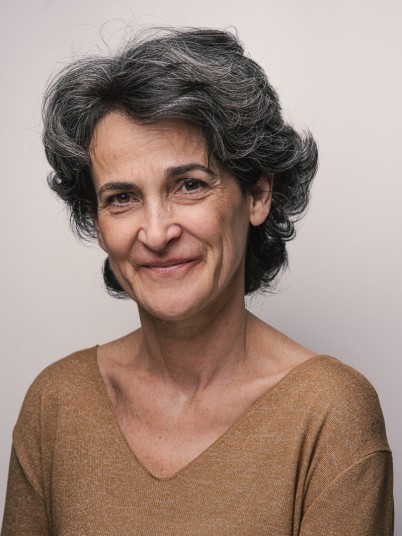
Patricia Moreira
Specialist Advisor

Jovana Davidovic
Specialist Advisor

Beth Anne Helgason
Specialist Advisor

Kei Hiruta
Senior Associate
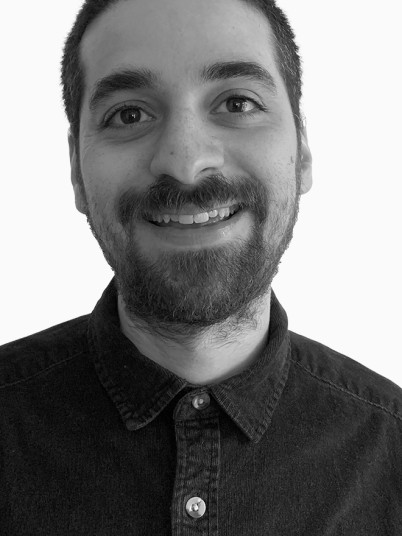
Nick Basannavar
Specialist Advisor

Atoosa Kasirzadeh
Specialist Advisor

Ben Lange
Ethics Advisor

Katherine Rickus
Specialist Advisor

Andrea Rodericks
Specialist Advisor
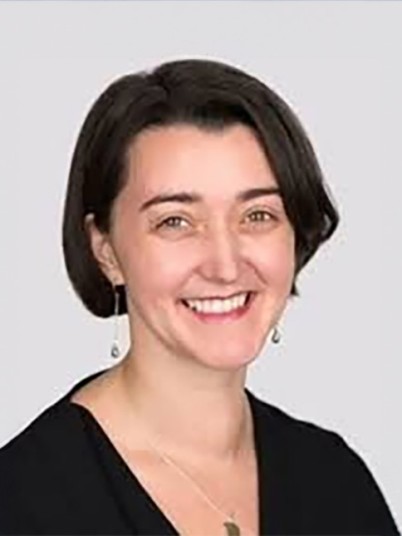
Annabel Gillard
Specialist Advisor
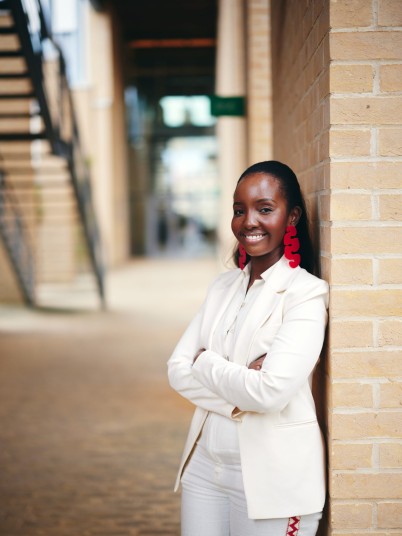
Terembe Maritim
Senior Associate

Tuukka Toivonen
Senior Associate

George Tsai
Senior Associate

Anahí Wiedenbrüg
Senior Associate

Candice Enriquez
Associate Principal

Lakshmi Babu
Specialist Advisor

Darren Burton
Senior Advisor